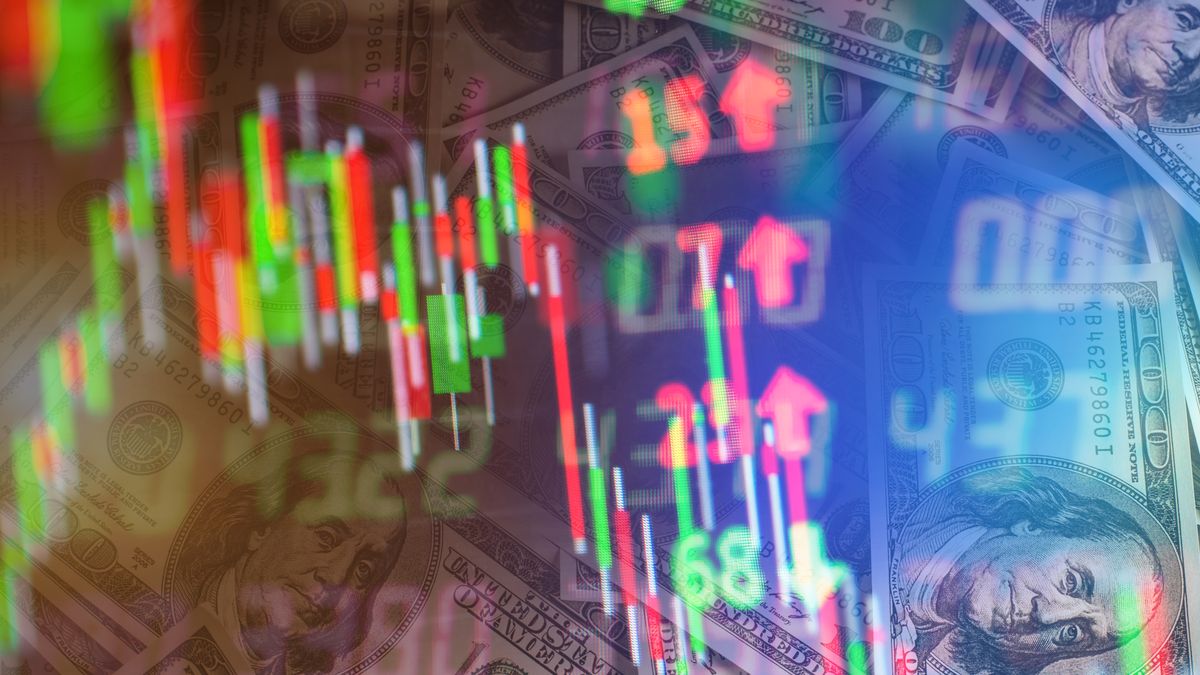In principle, the Government has a factor in favor: Independence Day in the United States generates some relief. The local market will move without references as the possibility of the exchange holiday is ruled out. The advance of the day to come was given by the Bitcoin Dollar on Saturday, which came to trade above the Contado con Liqui (CCL) at $260. But the number spread on Sunday touching values of $280 while the “dance of names” circulated and even after the announcement, it reached a maximum of $300 on the Argentine exchange Lemon.
The markets and the new Minister
“The delay in the designation of the rest of the team, the lack of communication and the uncertainty that continues is not usually a good combination for the mood of the market“he explained John Paul AlbornozEcolatina economist in principle, after hearing the news.
“We already came with a deteriorated image of Minister Guzmán and in a framework of uncertainty that caused ruptures within the government that is not favorable, at least for the markets, due to the credibility and expectations that this generates. The new minister takes office who seems to be from the most Kirchnerist line where the internal battle seems to win the line of the vice president. The expectations are that they will return to similar measures that have been taken with Axel Kiciloff and the last term of the vice president“said the economist. Paula Malinauskas of the consulting firm LCG in consultation by this means.
“The flag raised by Batakis is that one of the main problems of the economy is bi-monetary. One of the lines that raised the presidency on Saturday in his speech. It is not the line that the markets are expecting,” he added.
In the same vein, Gustavo Neffa, Director of Research for Traders consulted by Ambit anticipated that the reaction will be “negative”. “On paper she is qualified to take charge of the economics portfolio. The problem is that the situation, The situation has very serious problems to have an economist who I would say is more heterodox than orthodox, when the market asks for a more orthodox solution to correct the existing imbalances and straighten the rudder”.
“What we can rescue is that it was possible to replace and have a name during this weekend to avoid further damage. But the situation first merits a joint political solution where interests are aligned, which is likely to happen in light of the fights we have seen in recent times, ”he asserted.
“I think it’s about peace of mind that there is a Minister of Economy where there is consensus on her appointment. But She is not a minister who will bring calm to the markets, she is not what the markets expected at least. But they were also not very hopeful that he would be a person who can gather portfolios and be a strong minister to carry out structural reforms.”
All eyes point to the dollar (and bonds)
It is worth remembering the starting point. On the first business day of July, the blue dollar started higher trading at $239. Financial dollars, after climbing more than 20% in June, started the month at $248 for the MEP dollar and $252 for the CCL. On Friday, the country risk eased and fell to 2,374 units after breaking the barrier of 2,500 basis points. The bonds have been losing by a landslide in June with falls of more than 18%. A scenario of exchange rate run that still seemed tied with wires.
“Probably have a major jump”, Malinauskas asserted about the currency. “I don’t know how much certainty this new minister brings to the markets, she will probably have repercussions on the price of bonds and the dollar. This seems to respond more to a political move than to what it does to the economy”.
“The dollar is going to skyrocket”, added Neffa. “We are already seeing it with the crypto dollar. It is a secondary reference but it is a reference to the end. Bond prices down. I don’t see a positive scenario.” Most economists agree that the economy will face more exchange rate jumps that put more pressure on inflation.
unknowns
The new Minister will take on a series of challenges, one with greater depth and urgency than others. The first will be the subsidy policy. The delay in the implementation of the new rate segmentation scheme would have been the trigger for the resignation of the former minister, Martín Guzmán. The new minister will have to deal with greater support from the entire ruling coalition but the same problem.
The second, the agreements with the International Monetary Fund (IMF). Martín Guzmán knew the agreement like the back of his hand. “The minister who is leaving and his ministry were the ones who renegotiated the debt agreements with the IMF, which, as is known, were not voted for by the opposition within the ruling party itself. This is important for what will be the fulfillment of the goals, the successive disbursements or the setting of new goals”, said the LCG economist.
The second semester will be complex. Inflation that does not yield, an exchange gap above 90% and difficulty in accumulating reserves, are some of the most difficult problems to solve that the new minister will have to face with few tools.
“We still have time to correct many imbalances in both the BCRA and the Treasury, but the situation is difficult and the markets are putting pressure on it. Any correction that the policy does not make, sooner or later the market ends up doing it by forceNefa concluded.
Source: Ambito
David William is a talented author who has made a name for himself in the world of writing. He is a professional author who writes on a wide range of topics, from general interest to opinion news. David is currently working as a writer at 24 hours worlds where he brings his unique perspective and in-depth research to his articles, making them both informative and engaging.




